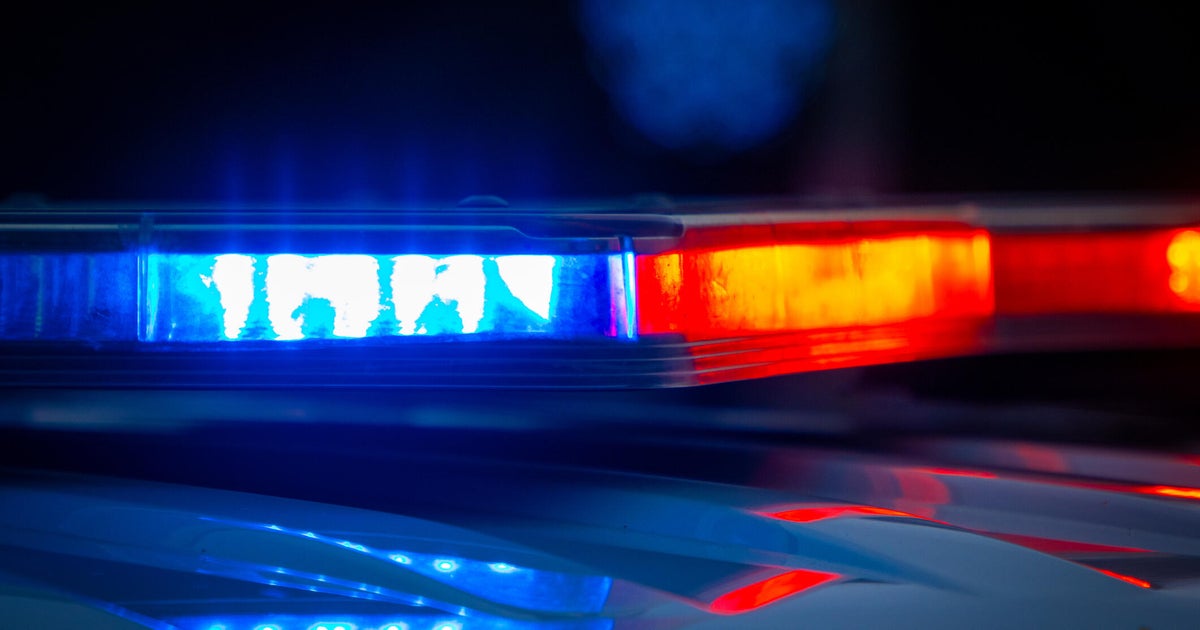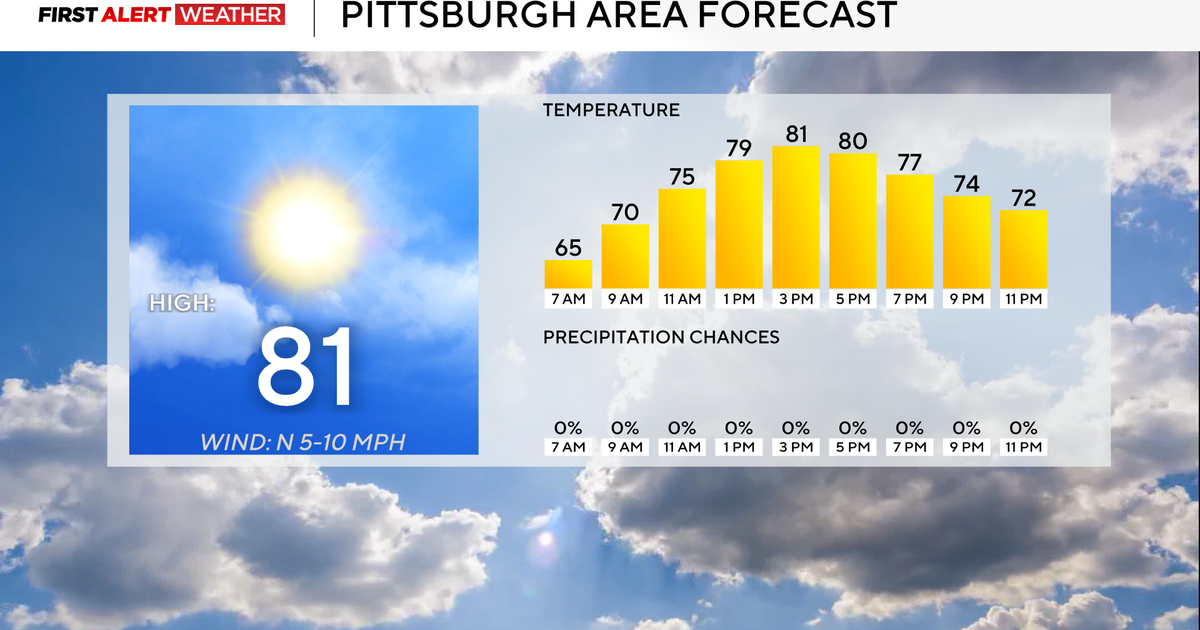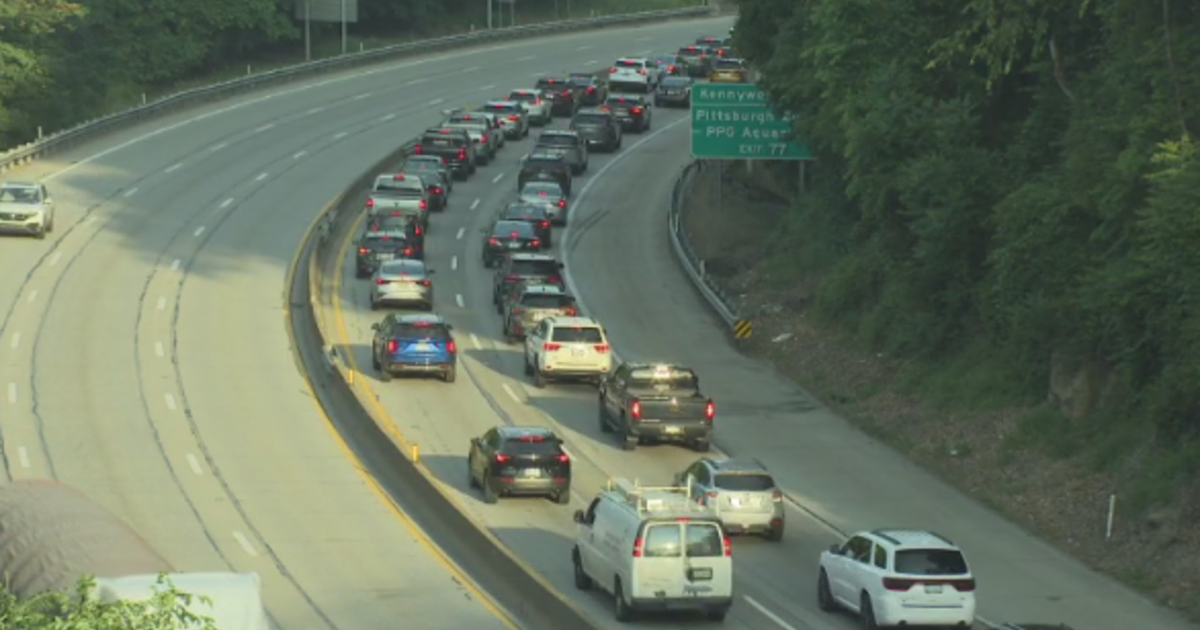Security Measures Revamped By 9/11 Continue 20 Years Later
PITTSBURGH (KDKA) - From metal detectors in buildings to taking your shoes off at the airport, the safety of our everyday lives has changed so much because of 9/11.
It was only one day in the history of our country, but after Sept. 11, 2001, life would never be the same. Ever since, our once free-flowing society has been subjected to security checks in all types of places. For travelers queuing up at the TSA's security checkpoints at Pittsburgh International Airport, the new normal of 2001 has gotten old 20 years later.
"Oh I can't stand it. I have shirts that say 'old normal' on it," said one flyer.
"I don't like all of this. It's so inconvenient," said another.
Those of us old enough can remember a time when we would go where we wanted, when we wanted. But, today you can't enter a private or government building without going past security, attend a ballgame without going through a metal detector or a church, synagogue or mosque without passing a peace officer. It all came to pass after the terrorist attacks that day.
"The enormity of it. It was an international shock to people and we reacted with everything we had so it would never be repeated," said LaRoche University Professor and former FBI agent Larry Likar.
Two decades on, the added layer of security at nearly every turn is here to stay, but the reasons for it have changed. Since 9/11, the country hasn't come under attack from the outside. The new threat has come from within. Likar says the greater enemy is our own fragmented society and the domestic terrorists who spring from hate groups.
"You start finding people that join other like-minded people. There's a hatred against other segments of the society -- race, religion, ethnicity. Those factors they've exacerbated," said Likar.
While our security often focuses on people physically coming and going, Likar says the place to prevent hate attacks and mass shootings is monitoring the dark web of the internet and infiltrating those groups. And while physical security measures like checkpoints have likely been successful in thwarting some attacks, determined attackers can, and do, find innovative ways to get past them.
"You can't eliminate risk. The question is how much money do you want to spend knowing there's always going to be gaps to be exploited," said Likar.
Twenty years after 9/11, some think it's time we take a real, hard look at the best strategies to stop acts of terror, domestic or otherwise.
What is needed and what may not be.
"I feel this is overkill. I think we should reevaluate our whole methodology of how we travel right now," said one flyer.
Some may not like it, others may grouse. But after 9/11, our lives changed forever, and it seems like security checkpoints are here to stay.



